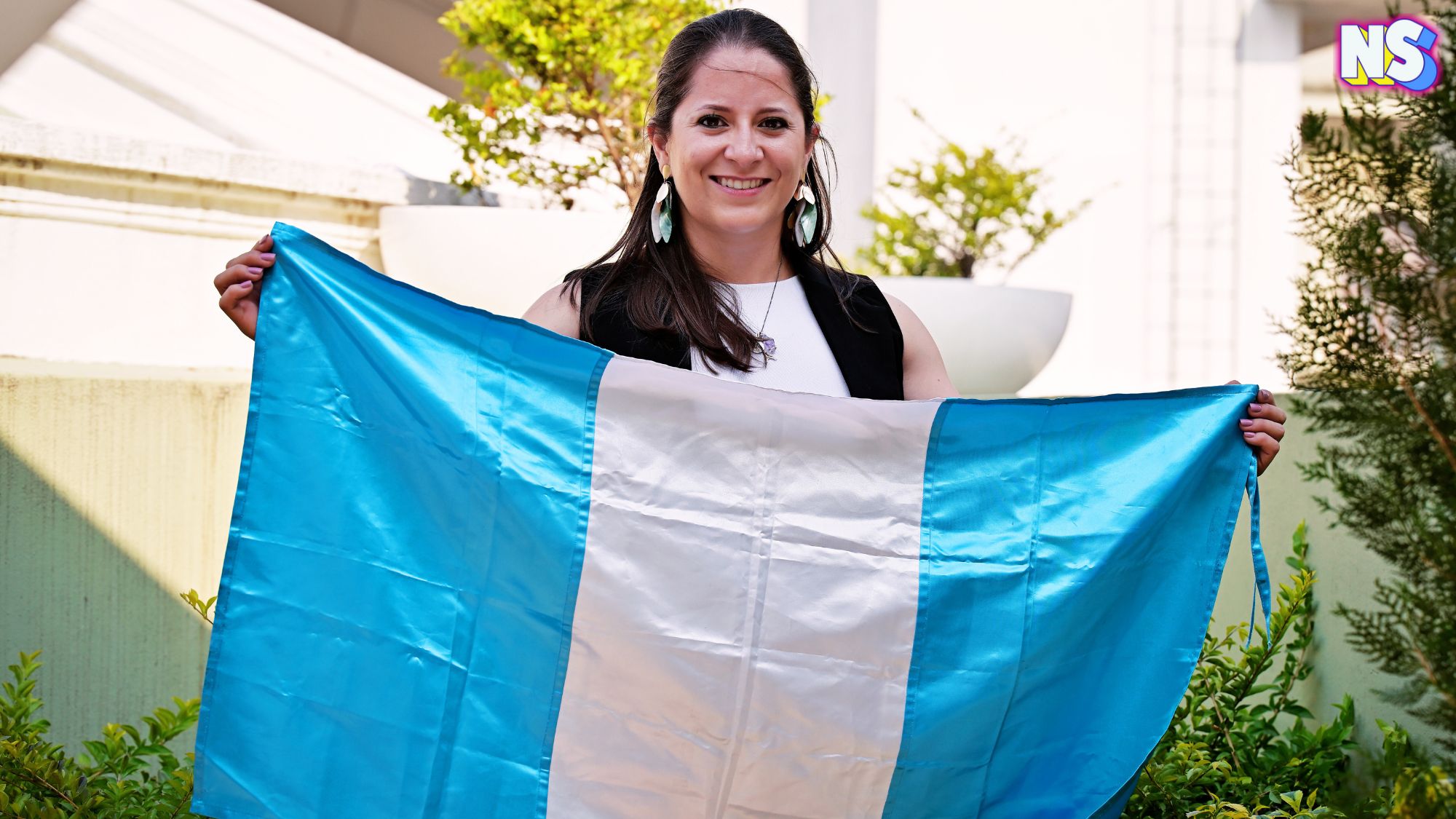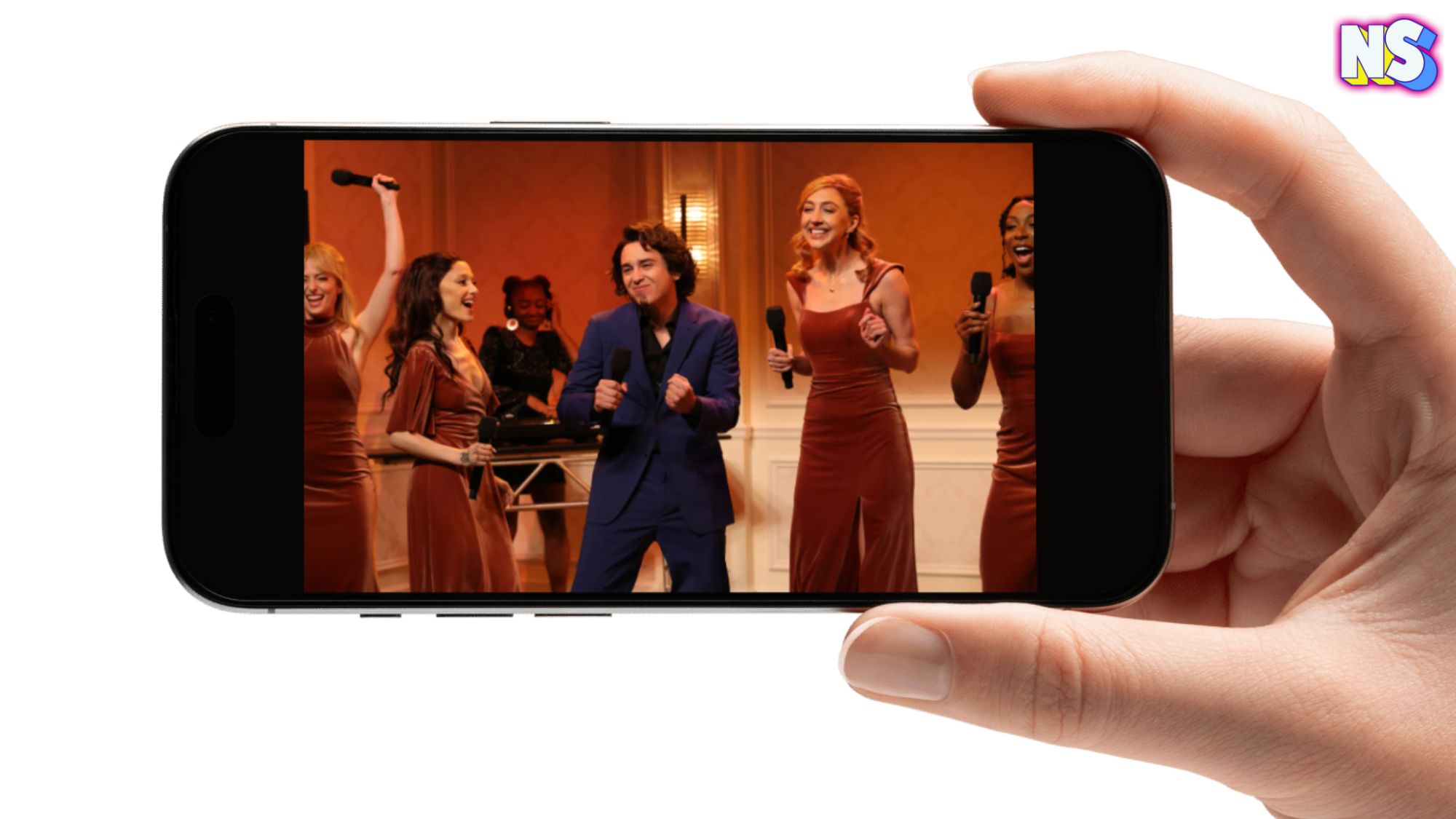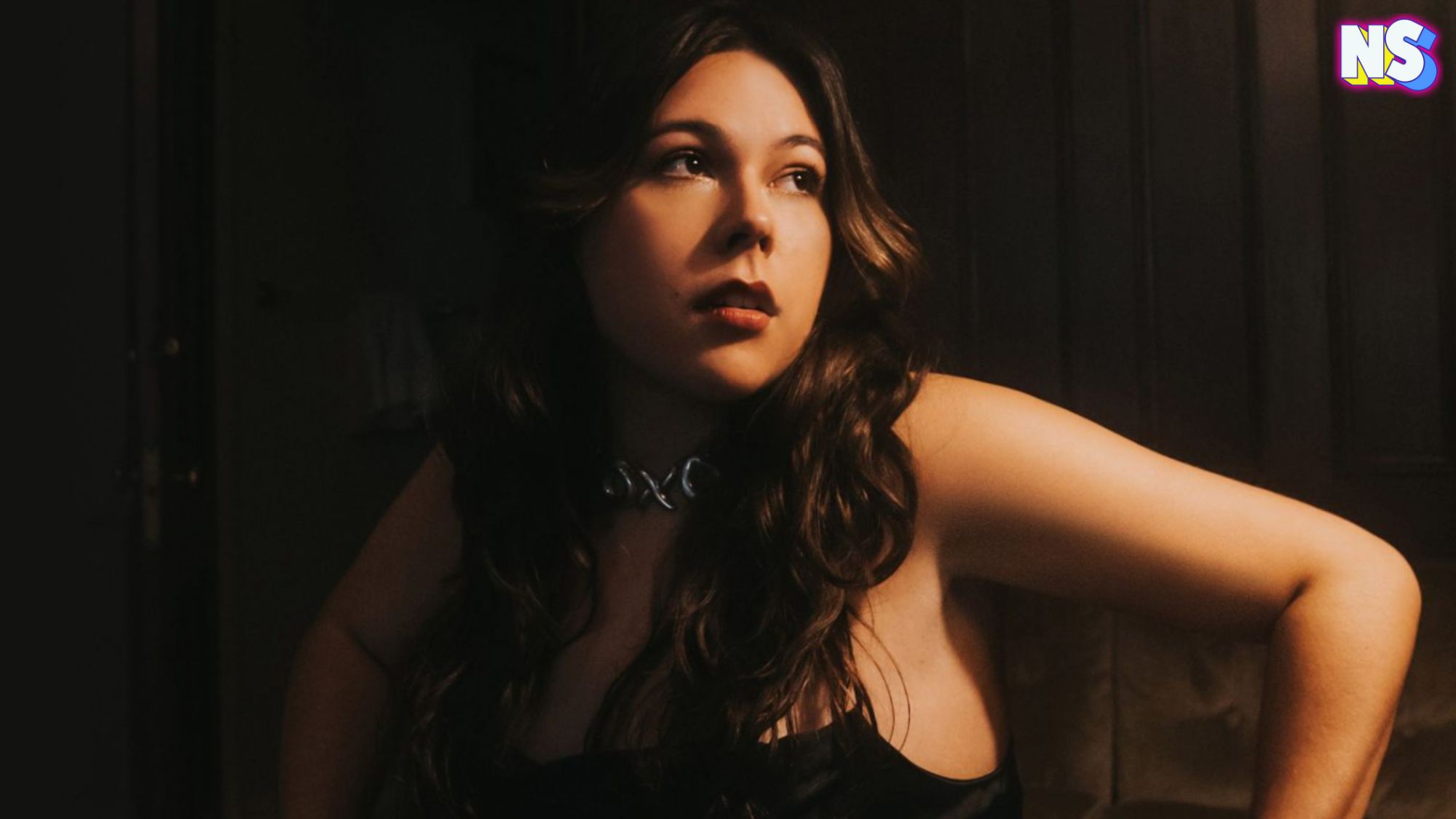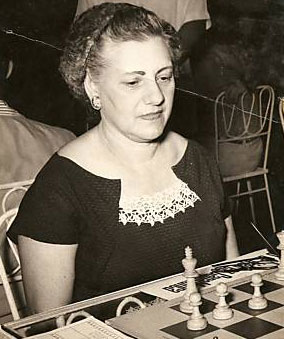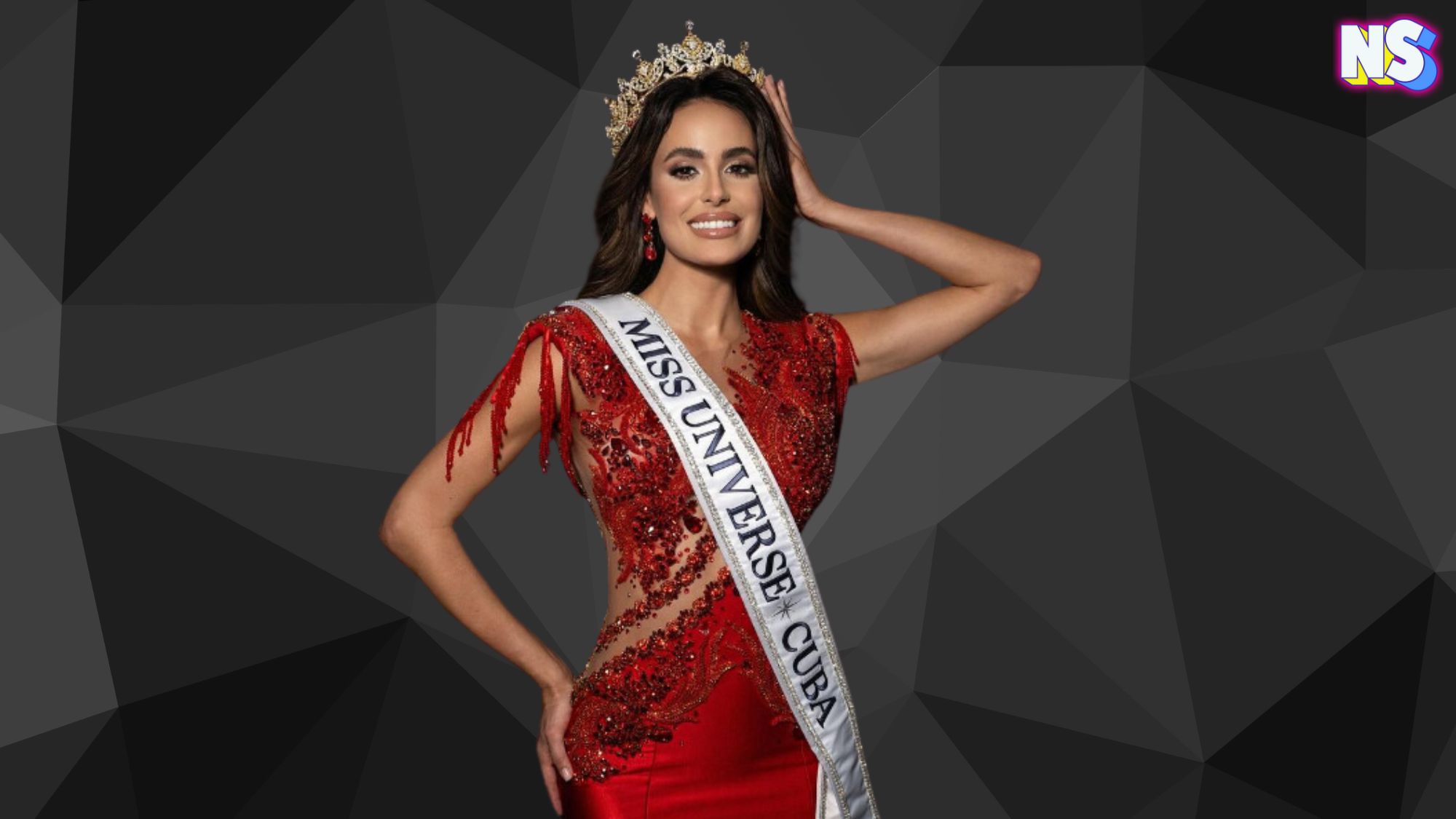Everyone’s been talking about Guatemalan Olympic Athlete Adriana Ruano this week. The 29-year-old made sports history by winning Guatemala’s first Olympic gold medal.
“Guatemala’s Olympic history is written in golden letters thanks to Adriana Ruano. First Olympic medal for a Guatemalan woman, first gold for our country. Congratulations, Adriana!” Guatemalan President Bernardo Arévalo wrote on the social network X.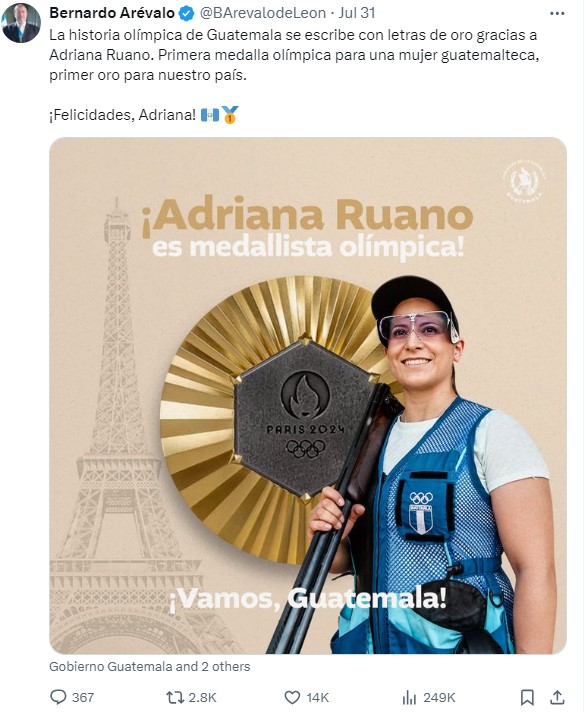
Ruano came in first in the trap shooting event at the Paris Games. However, as amazing as her Olympic feat is, Ruano’s personal story of perseverance and strength is equally as inspiring. Her background in sports started with artistic gymnastics and ballet from a young age. But her dreams of going to the Olympics were shattered when doctors discovered a spinal injury.
“Ruano was training for the 2011 world championships in gymnastics, a qualifier for the London Olympics the following year, when she felt pain in her back,” CBS news explains. “An MRI showed the then-16-year-old had six damaged vertebrae — a career-ending injury — and Ruano's doctor recommended she take up shooting if she wanted to stay in sports without aggravating her injured back. That advice paid off Wednesday as Ruano won gold in the women's trap with an Olympic-record score of 45 out of 50.”
This is Ruano's story of pursuing and achieving dreams, in her own words.
The Story of Olympic Athlete Adriana Ruano, In Her Own Words
Here's Gold Medalist Adriana Ruano's Olympic story, as told to the Comité Olímpico Guatemalteco.
On Going to the Paris Games
“I wanted to be in Paris I wanted to be with the Guatemalan delegation I wanted to win it, not have it given to me I was going to do everything in my power This is what I have worked for my whole life This will be my event.”
About Adriana Ruano
“Well, I believe that Adriana Ruano embodies many facets. I think I am a person who tries to do things well, perseverant, resilient, and doesn't give up on the goals set. I started in sports with artistic gymnastics at three and a half years old. At the same time, I was also involved in ballet.”
“I could transfer my dreams to this new sport”
After the Spinal Injury Destroyed Her Dreams
“What helped me get through that difficult period, which lasted almost four years, and was very hard on me emotionally, was shooting. I realized that this sport helped me connect more with myself, my thoughts, and what I was feeling. It's a sport that requires a lot of concentration, so you need to know yourself very well.
And I believe that each shot helped me overcome the pain I felt from not being able to continue with gymnastics. Everything changed, as if I found a new light in this sport, and I realized that I could transfer my dreams to this new sport.”
On Losing her Father Before the 2021 Tokyo Olympics
"I remember that I wanted to achieve a good result to honor him and his life. Once in the competition, it was very difficult for me to handle it, and it was truly frustrating because I felt that I had failed my father and disappointed him at that moment. Then, returning to Guatemala after the Olympic Games, I began to grieve and figure out how to start my working life. That's how it all was.”
On Winning the Gold
"I remember that before the final started, they began playing music to liven up the atmosphere and make the audience happier. The first song they played was the one I usually listen to before a round. I think that’s what made everything click. I even got goosebumps and thought, 'This is the moment, believe it, trust yourself, there's your sign. This is your moment.'
When the final ended, I realized I had finished in first place and thus secured the Olympic qualification. The first person I thought of was my dad. I felt like saying, 'Dad, I finally honored you with what I am most passionate about, which is sports.'"
On Life Away From Sports
"Something I have learned in my career as an athlete is the importance of preparing oneself professionally. This is something I have tried to encourage in many athletes—to pursue their studies, not just in school, but also to specialize at the university level. In the end, sports will be something temporary, and one must prepare for the future. As athletes, our future is never guaranteed."

